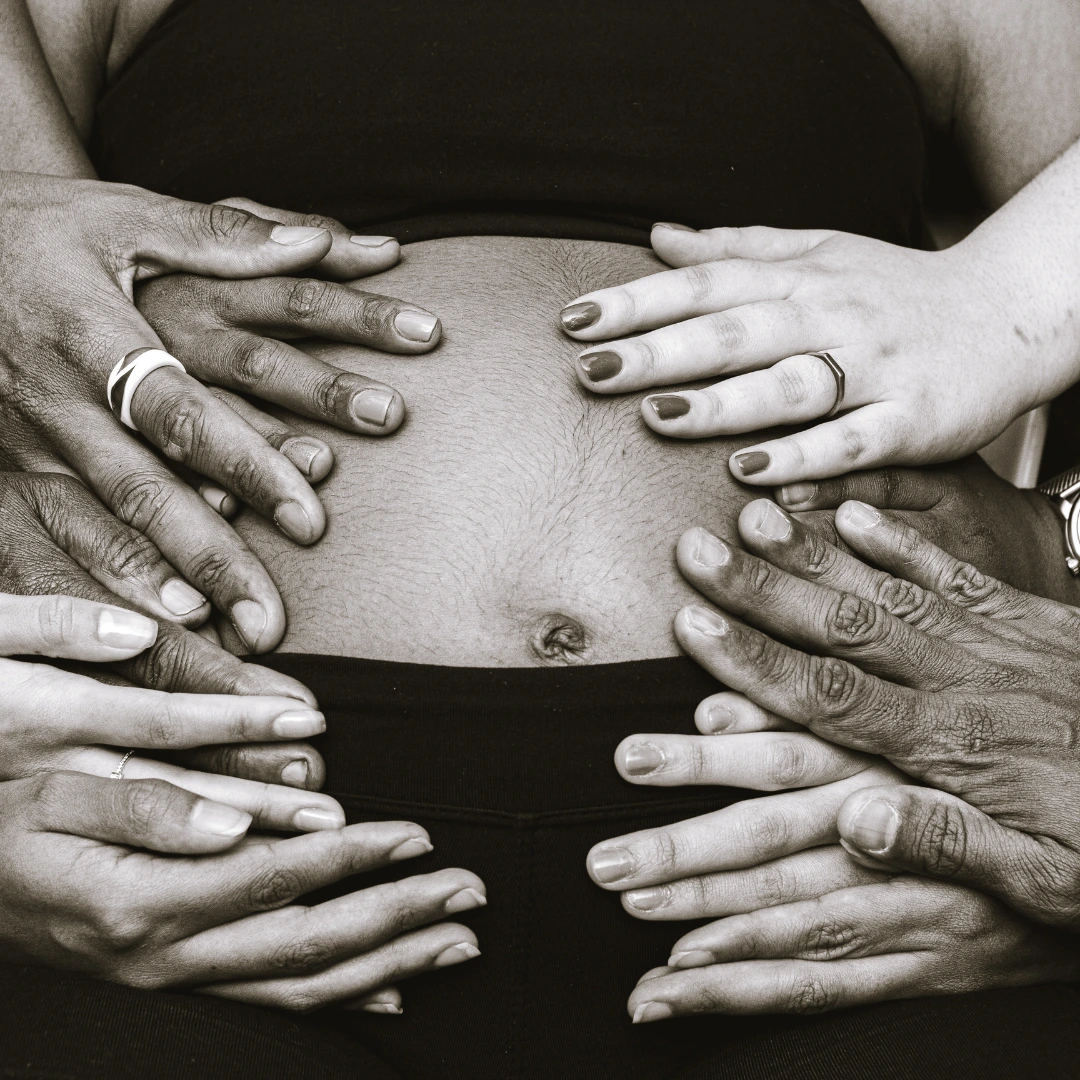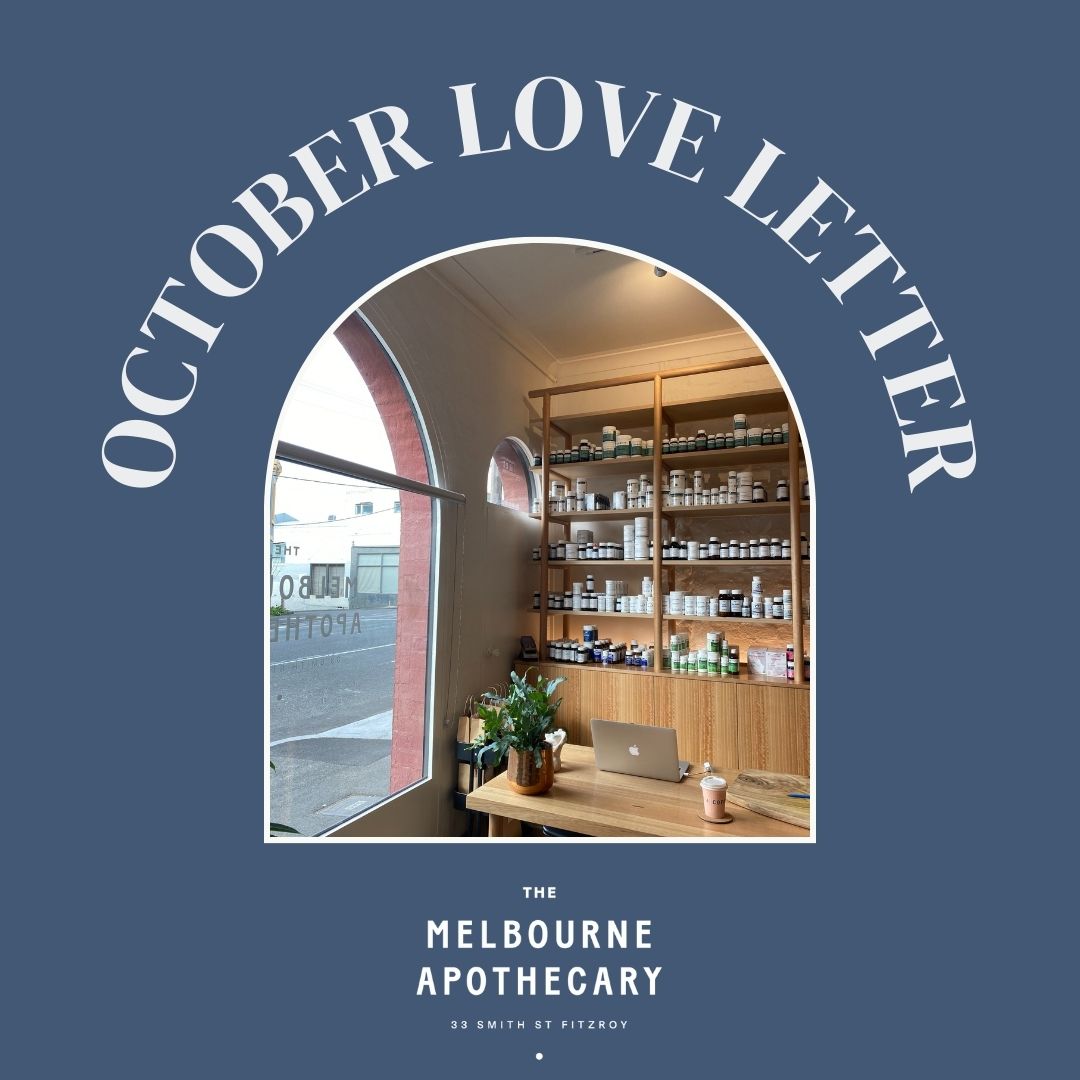
Are you looking to create a more fertile life, grow your family or begin trying to conceive? The irony is that for many of us and for most of our lives, having a baby seems as simple as falling off a log – in fact, it seems so easy that most people spend the majority of their adult lifetime trying to avoid falling pregnant! It is a bitter pill indeed when it turns out that fulfilling that dream perhaps doesn’t necessarily happen so easily, and is something that our fertility naturopath, Melbourne team, work with people daily to support.
Addressing Infertility in the General Population
If you are reading this, you probably already know many of the facts around the increasing rates of infertility in the general population, which is around one in six couples experiencing fertility issues: 35% due to women’s reproductive issues, 21% due to male factors, 12% combined male and female, and 28% of infertility cases have unknown causes.1–3 Infertility is a challenge for couples (as well as single people or same sex couples trying to conceive), regardless of who has the diagnosed issue, and especially if the fertility problem is unclear.
There is no doubt that trying to conceive is an incredibly emotional and stressful journey for couples to whom it does not come easily. Family-making seems like a birth right and it feels unjust when this right appears to be denied. And the worst thing is that if you are having trouble conceiving, it appears that absolutely everyone around you is pregnant – older women, young women, women who weren’t trying, women finally achieving their miracle baby … it can be unbearably frustrating, even devastating for some to celebrate another’s joy when they are facing a future without children. Many couples end up feeling isolated, alone in their grief, trauma, struggle and stress and ultimately, helpless. Seeking the one magical answer that will provide the solution becomes an obsession for some, as they spend hours online with others in similar circumstances looking for answers. Our fertility naturopath, melbourne team, understand this deeply, having worked with thousands of people in this space for decades and having supported so many to successfully birth their babies and grow their families.
All crisis has the potential to transform
One of our favourite sayings is: “all crisis leads to transformation”. You may see this as another useless platitude, or it could be a mantra that leverages you out of helplessness and into a shift of perspective to identify what this opportunity means to you, and how to make the most of it. If you’re currently experiencing a struggle to conceive, you can choose to go through it and remain unchanged, or you could allow it to be your greatest teacher, giving insight into what makes you feel good, what a truly healthy lifestyle is, what is damaging your health, well-being and fertility and, most importantly, how to make lasting change that will affect not just your health, but that of your whole family – for generations to come.
Are you healthy enough to conceive – for your body?
When they first start trying, many people think they are ‘healthy enough’ to conceive, but sadly in some cases good enough is not enough to get across the line. Each person is unique and responds to all that life throws at them differently. While one couple seems to have a poor lifestyle and are able to conceive, another feels they are much healthier yet still struggle. It doesn’t seem to make sense and it certainly doesn’t seem fair.
How can you improve your fertility even when doctors say you can’t?
If you have undergone IVF treatments, you will know just how important creating a quality embryo is to achieving a pregnancy. If you are trying to conceive naturally, this still stands. It is estimated that over 90% of genetically normal embryos will result in a live birth, whereas at least half of all miscarriages are due to chromosomally abnormal embryos.4 Therefore, achieving that quality embryo is the first step in every successful parenting journey. Get started on your way to optimising your fertility with this free 12 step guide from our expert fertility naturopath, melbourne team.
Download Our Free 12 Step Fertility Guide
When achieving quality starting ingredients (eggs and sperm) is understood, the reasons for preconception care are more obvious. Both the sperm and egg take around three months to develop/mature, and in this time they are both vulnerable to damage, creating interruptions to normal, healthy development and even chromosomal abnormalities. The embryo and developing baby are significantly influenced by their environment and their genetic development is profoundly altered by outside influences. So we focus on reducing risk factors, optimising the environment in which they develop and hopefully creating the most positive outcome possible: a sweet, healthy baby.
Access preconception care with our Fertility Naturopath, Melbourne team
Our lifestyles, diet, toxic load and life stages play a significant role in influencing the expression of our genetic code as new cells are made. It seems it is not such a lottery after all. Healthy choices can strongly impact your chances of conceiving a healthy baby – and even your baby’s chances of healthy fertility! There are many well-known and medically-researched factors that impact directly on your fertility and outcomes, such as smoking, drinking alcohol, being overweight or underweight, advancing age, certain environmental and home chemical endocrine disruptor exposure and other factors you will learn about in consultation with Fertile Ground Fertility Naturopaths.
There are also many factors that, while not directly affecting your fertility, can have an indirect effect. Things like chronic health problems and complaints (digestive problems, periodontal health, asthma, sleep issues, stress, nutritional factors, even emotional considerations) may add up to an unhealthy load that compromises the whole organism and puts fertility right at the bottom of your bodily priorities – even in so called healthy individuals. Certainly, starting your pregnancy from a basis of optimal health will help to ensure minimal pregnancy discomforts and disease as well as positively impacting on the health of your developing baby at every crucial stage.
Are you ready to get started with improving your fertility?
Download Our Free 12 Step Fertility Guide
Kylie’s Story
Kylie came to see us after 9 months of trying to conceive. She complained of weight gain (her BMI indicated she was 10-12 kilos overweight), sugar cravings and recent blood tests indicated she was pre-diabetic. In addition, Kylie also had food intolerances to dairy and wheat. Due to her regular consumption of these foods, she experienced multiple digestive symptoms including constipation, indigestion, and heart burn. Her energy was low, and she struggled to get out of bed in the mornings.
Kylie experienced long menstrual cycles (36 days) with cervical fertile mucus apparent around Day 19 as well as PMS symptoms including tearfulness and irritability
Her naturopath designed a diet high in protein, vegetables, and good fats with some additional whole grains to help shift Kylie’s excess kilos and improve her energy levels and fertility. She also removed dairy and wheat to ensure her digestion was functioning properly, resulting in an almost immediate improvement in her digestive symptoms. Kylie was advised to always carry healthy snacks (with a list of ideas provided to her) and looked at healthy meal options when she was very busy at work. As Kylie needed extra support to help balance her blood-sugar levels, herbs and supplements were prescribed that helped reduce her sugar cravings and supported her nervous system during times of stress. Kylie also began a regular exercise routine and enlisted the help of a personal trainer to help achieve her weight-loss goals.
Within a month Kylie had mastered her diet and was finding she had far less sugar cravings than before. Within six weeks she felt she could avoid processed sugar almost completely. Kylie had also started to lose weight and felt she had more energy every day. By the two-month mark, Kylie’s menstrual cycle had reduced in length to her first ever 29 day cycle and this was maintained for the following three months, indicating an improved hormonal balance. During this time Kylie had also lost seven kilos. She fell pregnant the following month and went on to have a healthy baby boy.
How to book with our Fertility Naturopath, Melbourne team
For more information or to get help on your fertility and / or pregnancy journey, book in with one of our highly experienced Fertility Naturopath, Melbourne practitioners.
Book your Fertile Ground Naturopath
Buy a gift voucher for someone special
Excerpt adapted from our book, Create A Fertile Life, written by Gina Fox, Charmaine Dennis, Rhiannon Hardingham, Tina Jenkins, Milly Dabrowski.
References
- Fritz MA, Speroff L. Clinical Gynecologic Endocrinology and Infertility. 8th edn. Philadelphia: Wolters Kluwer Health/Lippincott Williams
& Wilkins; 2011. - Thoma ME, McLain AC, Louis JF, et al. Prevalence of infertility in the United States as estimated by the current duration approach and a traditional constructed approach. Fertil Steril. 2013;99(5):1324-1331. doi:10.1016/j.fertnstert.2012.11.037.
- Loxton D, Lucke J. Reproductive Health: Findings from the Australian Longitudinal Study on Women’s Health.; 2010. http://www.alswh.org.au/ images/content/pdf/major_reports/2009_major_report_d_r149.pdf.
- Rai R, Regan L. Recurrent miscarriage. Lancet. 2006;368(9535):601-611. doi:10.1016/S0140-6736(06)69204-0.


